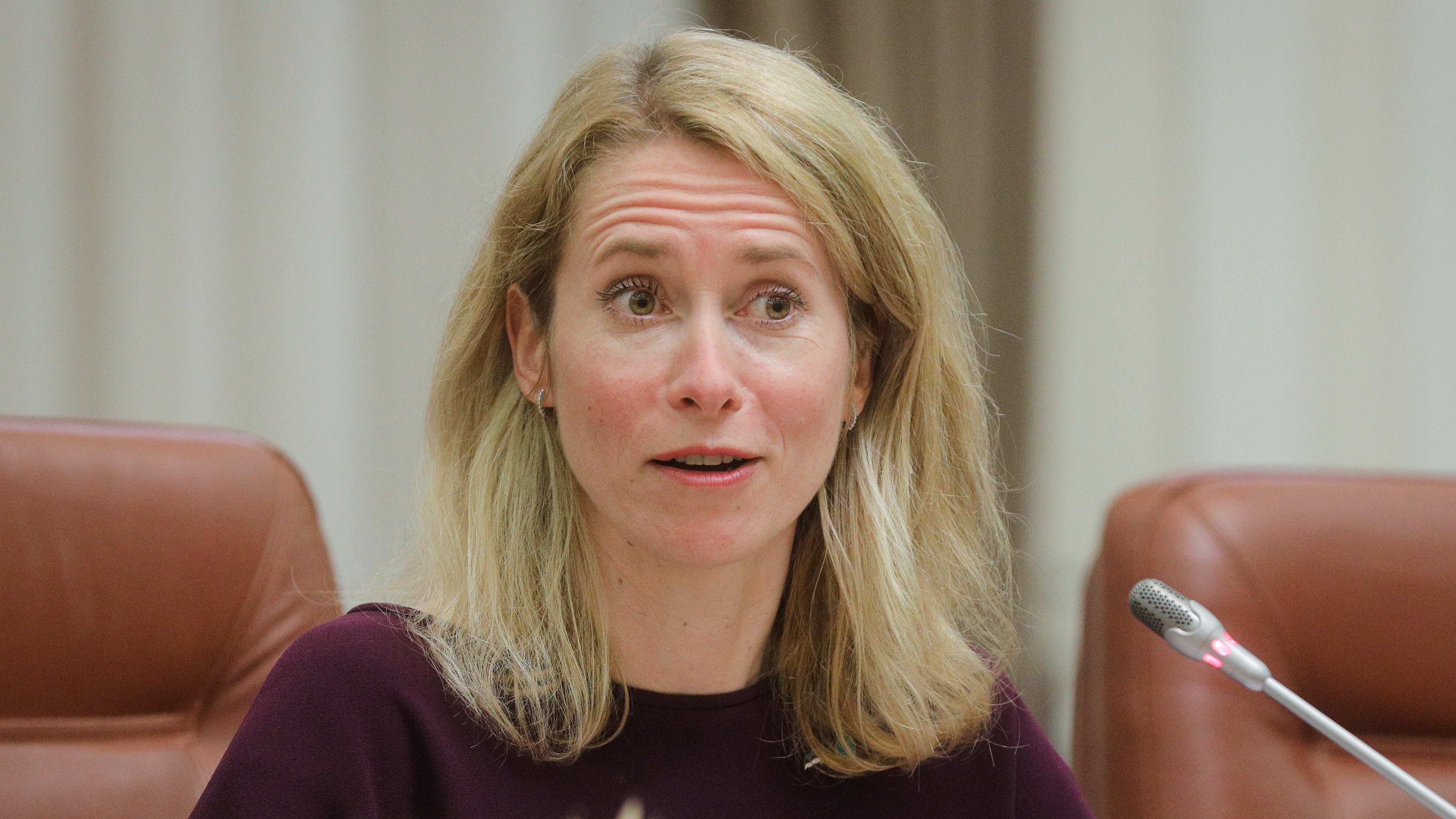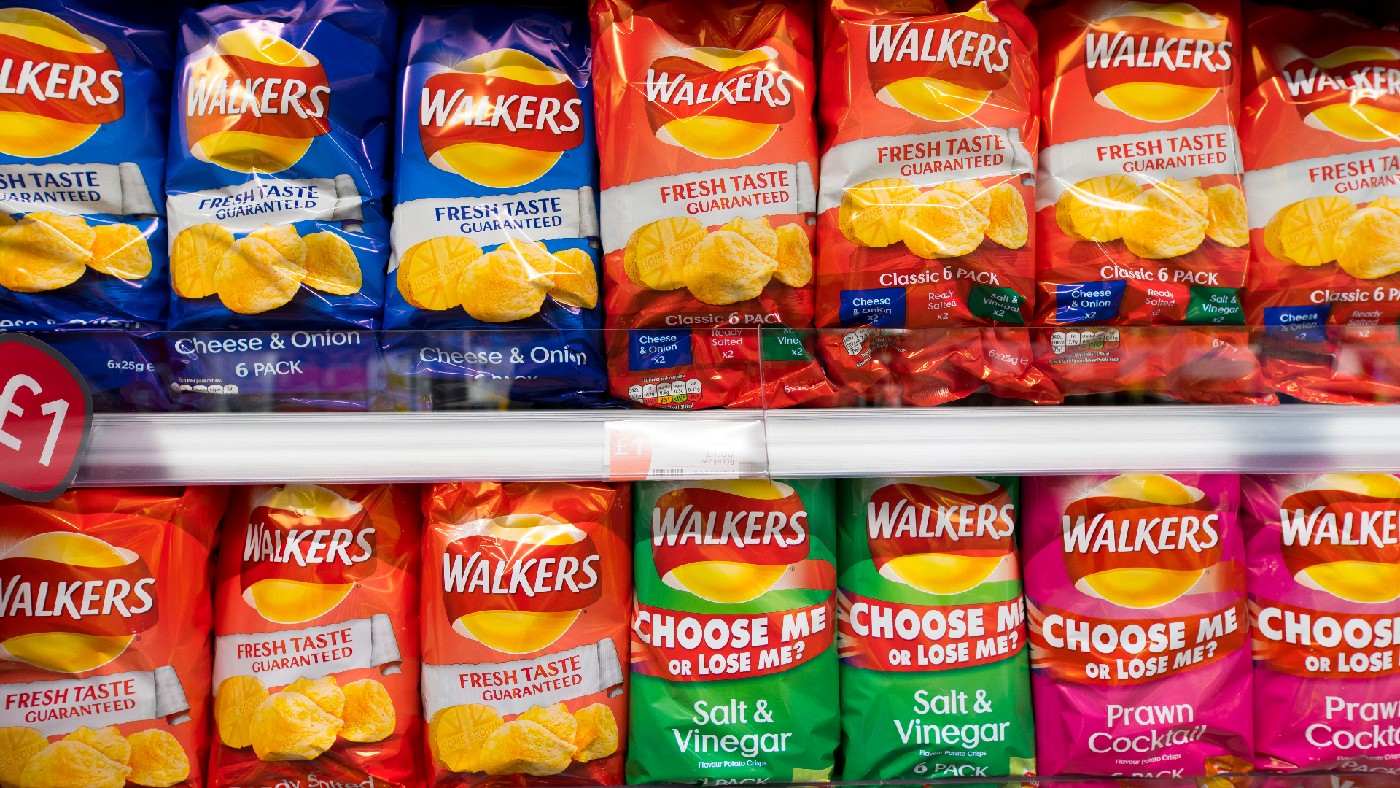Hard or soft Brexit: What will the deal look like now?
They're the terms on everyone's lips, but what do they mean and how they could affect the UK?

A free daily email with the biggest news stories of the day – and the best features from TheWeek.com
You are now subscribed
Your newsletter sign-up was successful
"Brexit means Brexit", Theresa May used to be fond of saying. As the phrase suggests, the UK is on course to leave the European Union, but how this will happen is still highly uncertain - even more so after last week's general election.
May took the country to the polls seeking a mandate for what commentators typically refer to as a "hard" Brexit. Her failure to secure a majority has given rise to speculation we will instead end up with a "soft" Brexit.
The precise hardness or softness could have a profound effect on the UK in the years ahead.
The Week
Escape your echo chamber. Get the facts behind the news, plus analysis from multiple perspectives.

Sign up for The Week's Free Newsletters
From our morning news briefing to a weekly Good News Newsletter, get the best of The Week delivered directly to your inbox.
From our morning news briefing to a weekly Good News Newsletter, get the best of The Week delivered directly to your inbox.
What is a hard Brexit?
Essentially, it all boils down to trade. If the UK does not agree a deal continuing "tariff-free" trading within the EU single market then it will be seen as having opted for a hard Brexit.
At the extreme end of this, the UK could leave without any agreement at all, either because the government decided that "no deal is better than a bad deal", as the Conservative manifesto stated, or because MPs reject it in a vote in parliament. Alternatively, the remaining EU members could refuse to offer a deal.
In this event, the UK would do business with the EU under World Trade Organisation rules, as Russia and Brazil do now. That would probably mean a ten per cent tariff on all goods, says the International Business Times.
A free daily email with the biggest news stories of the day – and the best features from TheWeek.com
Benefits of a hard Brexit include not paying into the EU budget, not being subject to its regulations and setting immigration policy.
This last point is critical. The government says the public voted for Brexit largely to gain control of UK borders. However, EU leaders have consistently said restrictions on free movement and membership of the single market are mutually exclusive.
The downside, according to Full Fact, is that leaving the bloc without keeping free trade risks around £240bn of exports a year, 44 per cent of the UK total, and the up to four million jobs this supports.
What is a soft Brexit?
A soft Brexit would involve the UK maintaining most of its free-trading arrangements with the EU.
This could be achieved in a variety of ways.
One would be to join the European Economic Area (EEA) as a full member of the single market – the so-called "Norway model", which has also been adopted by fellow non-EU members Iceland and Liechtenstein.
Or there is the "Switzerland model", which involves membership of the European Free Trade Area (Efta) but not the EU or EEA. This is achieved through a series of bilateral agreements with the EU, which mimic membership in most areas of law relating to trade.
In both these cases, the UK would have to accept free movement of people, pay into the EU budget and comply with EU rules without having a say in how they are made.
In the eyes of most economists, these are prices worth paying to protect those millions of jobs, as well as the global financial services hub in London that depends in part on "passporting", a system that allows firms based in the UK to trade freely across Europe.
Membership of the EEA or Efta would not necessarily include membership of the EU customs union, says the Financial Times, which means goods sold into the bloc would be subject to customs checks and costly "country of origin" rules.
Advocates for this approach argue it would bring economic advantages while allowing the UK to free itself from common fisheries and agriculture rules, as well as, for example, harmonised security and tax policy.
Is there a third way?
The government can "have its cake and eat it", Oliver Letwin, who was briefly in charge of the Brexit unit last summer, told the BBC. David Davis, who was re-appointed Brexit Secretary in the post-election reshuffle, also says he does not want an "off-the-shelf" deal.
Such an arrangement might set out to secure tariff-free trading, at least for some key sectors, while still giving the government more control of immigration, reducing the influence of EU rules and the European courts and freeing the UK from most budget contributions.
Whether EU members will grant this remains to be seen.
Such a pact might look like the one struck by Canada, which cuts most tariffs - in this case by an estimated 98 per cent - while removing the majority of EU membership obligations. However, that deal took seven years to agree and has faced opposition across the continent.
Another model is the arrangement with Turkey, which is based on membership of the customs union to bypass tariffs on specific industrial goods.
However, any such deal could take more than the 21 months available to negotiate and would require the backing of a qualified majority of 20 EU countries if done as part of Brexit. If it came later, it is still unclear whether it might need unanimous support. It would also prevent the UK from making its own trade deals with, for example, Australia, the US or Canada.
Whatever solution is chosen, business groups are calling for a transitional deal to extend existing EU rules for a period if the trade deal is not in place by the time the UK formally leaves the EU in March 2019.
-
 James Van Der Beek obituary: fresh-faced Dawson’s Creek star
James Van Der Beek obituary: fresh-faced Dawson’s Creek starIn The Spotlight Van Der Beek fronted one of the most successful teen dramas of the 90s – but his Dawson fame proved a double-edged sword
-
 Is Andrew’s arrest the end for the monarchy?
Is Andrew’s arrest the end for the monarchy?Today's Big Question The King has distanced the Royal Family from his disgraced brother but a ‘fit of revolutionary disgust’ could still wipe them out
-
 Quiz of The Week: 14 – 20 February
Quiz of The Week: 14 – 20 FebruaryQuiz Have you been paying attention to The Week’s news?
-
 Can the UK avoid the Trump tariff bombshell?
Can the UK avoid the Trump tariff bombshell?Today's Big Question President says UK is 'way out of line' but it may still escape worst of US trade levies
-
 Five years on, can Labour's reset fix Brexit?
Five years on, can Labour's reset fix Brexit?Today's Big Question Keir Starmer's revised deal could end up a 'messy' compromise that 'fails to satisfy anyone'
-
 Why au pairs might become a thing of the past
Why au pairs might become a thing of the pastUnder The Radar Brexit and wage ruling are threatening the 'mutually beneficial arrangement'
-
 Brexit: where we are four years on
Brexit: where we are four years onThe Explainer Questions around immigration, trade and Northern Ireland remain as 'divisive as ever'
-
 Is it time for Britons to accept they are poorer?
Is it time for Britons to accept they are poorer?Today's Big Question Remark from Bank of England’s Huw Pill condemned as ‘tin-eared’
-
 Is Brexit to blame for the current financial crisis?
Is Brexit to blame for the current financial crisis?Talking Point Some economists say leaving the EU is behind Britain’s worsening finances but others question the data
-
 How Brexit handed a ‘financial boon’ to former Soviet state Estonia
How Brexit handed a ‘financial boon’ to former Soviet state EstoniaIn Depth Around 4,000 companies have set up shop in member state since UK left EU, prime minister says
-
 Why the UK is suffering a Walkers crisps shortage
Why the UK is suffering a Walkers crisps shortagefeature Production issues have forced snack giant to prioritise most popular varieties